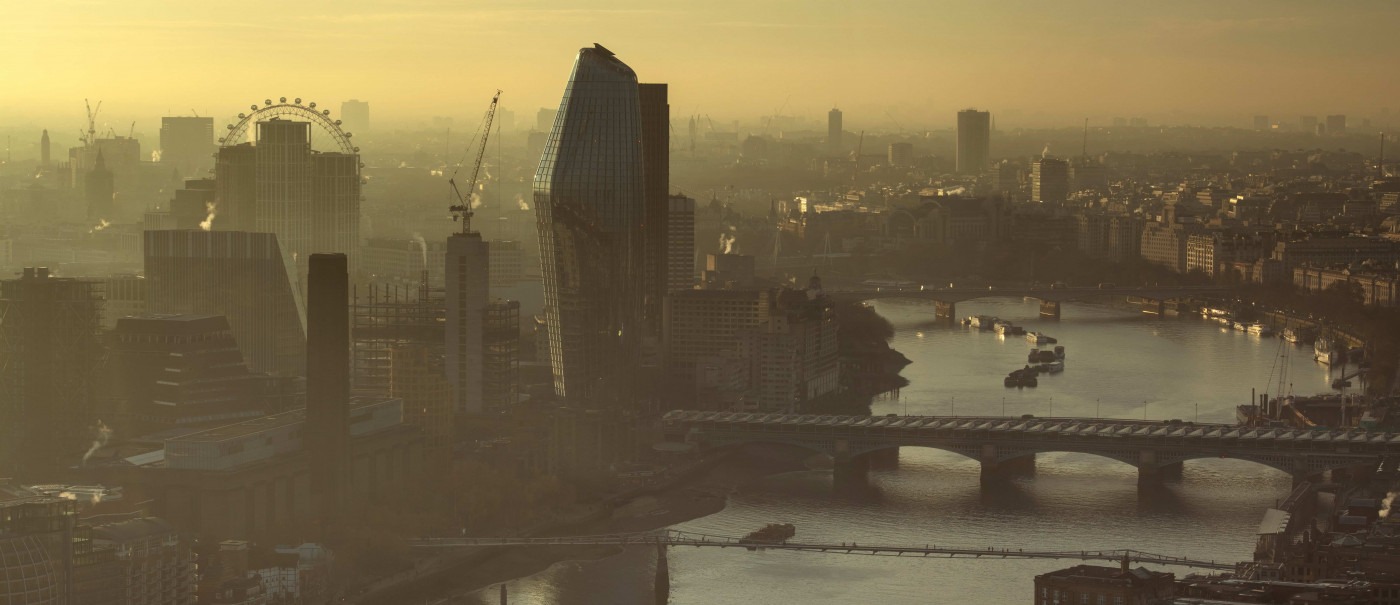UK to miss net zero target, according to report
The UK is likely to miss its target for reducing emissions to net zero by 2050, according to a report by the Industry and Regulators Committee.
This article was written at the time of the Liz Truss administration.
The report by members of the House of Lords warns that, unless credible plans are put in place by the government, and soon, the target will be unachievable. A mixture of government policy and investment, coupled with radical changes in how people eat, travel, and live, will be necessary to make net zero a reality, rather than “too great a reliance on as yet undeveloped technologies”. However, there has been pushback on the conclusions by ministers and other senior figures in British society.
Among the measures in the report were a move away from fossil fuels […], investment in thousands of well-paid green jobs and encouraging major investment in green infrastructure and technology by 2030
In October 2021, the Johnson administration published a landmark strategy designed to make the UK a net-zero nation by 2050; the publication came at the start of COP26 summit, and was part of Britain’s intention to become a global leader in fighting climate change. Among the measures in the report were a move away from fossil fuels (particularly those we import), investment in thousands of well-paid green jobs and encouraging major investment in green infrastructure and technology by 2030.
However, according to the report, the government has not sufficiently explained how the transition to net zero will be funded, and it has encouraged ministers to reconsider the full range of energy investment options, rather than relying on as-yet undeveloped technologies. It asks for a review of the role of Ofgem, the energy regulator, to ensure it is not creating barriers to a net zero energy system, and the set-up of a Transformation Taskforce within government. This taskforce would work across departments to set out and monitor a roadmap of progress, while reporting to the prime minister.
People want to know how to play their part in tackling climate change and environmental damage
–Lady Parminter, chair of the Industry and Regulators Committee
The report also said that the general population had a major role to play in reaching net zero. It urged the government to lead a public campaign and increase regulations and taxation to guide behaviour change among the public. According to peers, a third of the reductions required to meet the interim 2035 target had to come from people changing how they travel, what they eat, and how they heat their homes, a figure calculated using the average UK household carbon footprint of 8.5 tonnes of CO2 a year. A frequent-flier levy and new energy standards on homes were also recommended by the peers.
Lady Parminter, chair of the committee, said that there was public desire for such measures: “The prime minister [Liz Truss] urgently needs to set out her vision of a country where low carbon choices and behaviours can flourish. After a summer of record temperatures, fires, and hosepipe bans, it has never been more apparent that the twin crises of climate change and nature loss demand an immediate and sustained response. Polling shows the public is ready for leadership from the government. People want to know how to play their part in tackling climate change and environmental damage.”
There are concerns within government about the proposals, both on cost grounds and in relation to how much ministers should interfere with people’s lives. Peers noted in the report that, due to the cost-of-living crisis, it was not the right time to impose a tax on carbon-intensive foods, and many of the other changes recommended would likely have to be similarly delayed due to economic pressures. Coupled with that, this is not a government interested in ‘nannying’ – an information campaign drawn up to encourage households to reduce energy usage this winter has been rejected by Downing Street as expensive and interfering, and it’s clear that this government is not going to be telling people what they can eat. If the peers’ plans would effected, it would be under a radically different government.
Libby Peake, head of resource policy at think tank Green Alliance, said that people “want to do the right thing when it comes to the climate, but at the moment, it can be too complicated or too expensive”. She said: “We will only succeed in tackling climate change if we make the best thing to do for the environment the easiest choice.” A government spokesperson said they would provide a full response in due course, but said they remained “fully committed” to the net zero target, and had also launched the Net Zero Review.

Comments